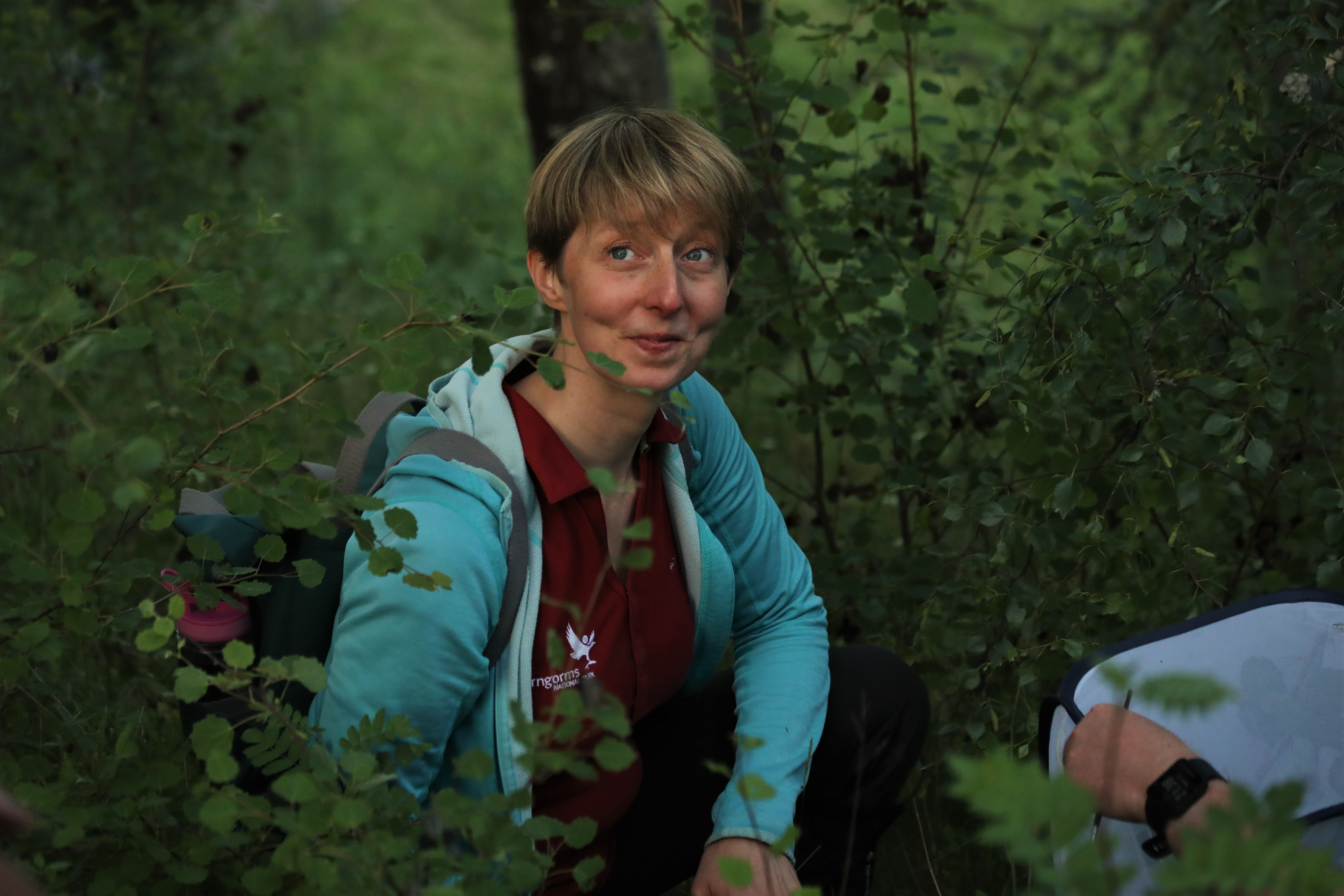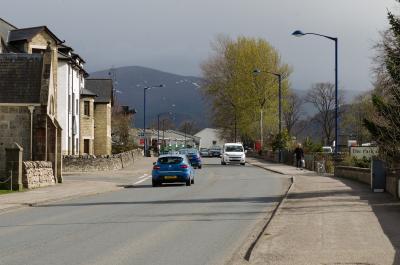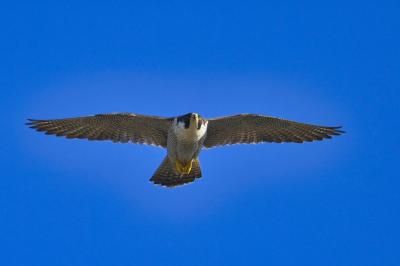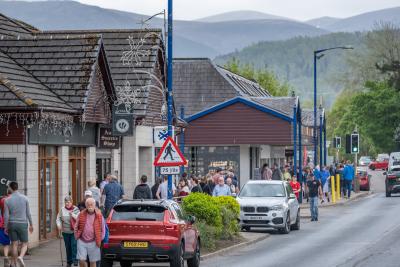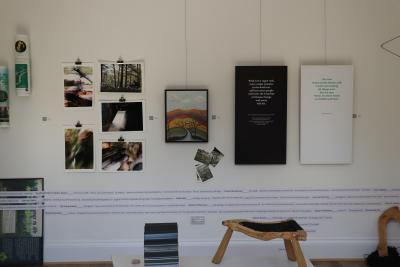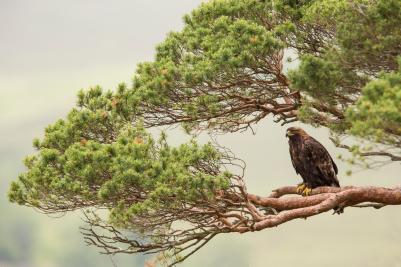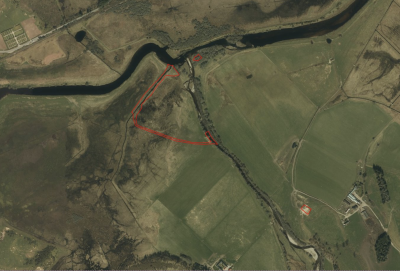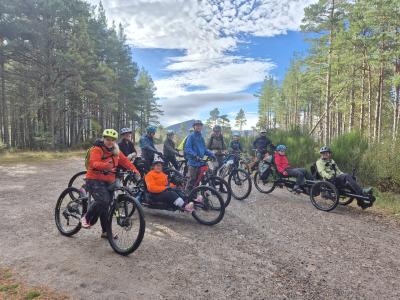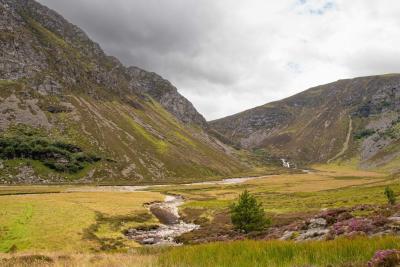In conversation with: Hayley Wiswell
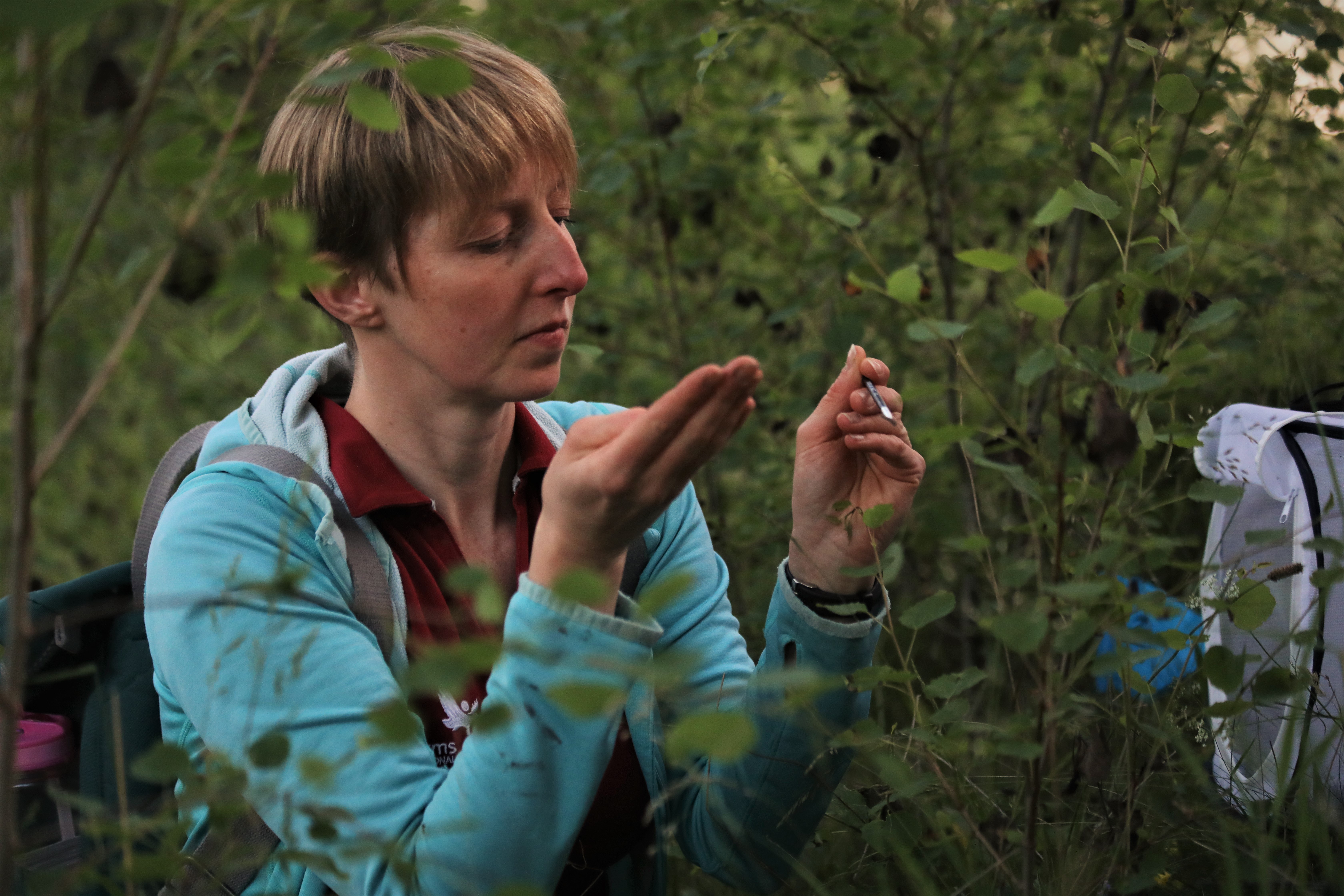
What’s your role at the Park Authority?
I’m a Conservation Officer in the Nature and Climate Change team. I’m involved in designing and supporting projects in the Cairngorms National Park that work towards the recovery of key species. In many cases, these are endangered species that require urgent conservation action. I help to bring people together to deliver action for vulnerable species and this involves anything from developing strategies to training volunteers and undertaking fieldwork.
Do you specialise in any particular area of conservation?
Yes, I’m an entomologist, which means I work on insects. My projects involve a range of species and groups from ants to bees, hoverflies and moths. I’m also really interested in spiders – not insects – but also equally fascinating and important.
How did you end up with this job?
I had just graduated with an MSc in Entomology and was based in Carrbridge for a few years undertaking short-term contracts working on insects. I discovered wood ants and the amazing roles they play in the ecosystem, which completely blew my mind. After that I was determined to make the National Park my home and work towards a career in insect conservation. I applied for a position with the Cairngorms National Park Authority in 2014 and was thrilled to be offered a job which has been hugely varied, challenging and rewarding. I feel very lucky to work on insects in the Cairngorms National Park and work alongside so many dedicated and passionate individuals.
What makes you passionate about insects and spiders/why should folk care about them?
I was first introduced to entomology during my degree when completely randomly, a tutor introduced me to moth trapping. I hadn’t paid much attention to invertebrates before then, so I was surprised to discover how diverse, complex and beautiful they were. The more I have learned and discovered about insects and spiders since then, the more they continue to captivate me, particularly how essential they are in the environment to processes such a pollination and decomposition, as well as prey for a huge range of other animals. David Attenborough puts it perfectly: “if we and the rest of the backboned creatures disappeared overnight, the rest of the world would get on pretty well. But if (invertebrates) were to disappear, the world’s land ecosystems would collapse.”
One thing you wish everyone would do to help them?
Be like an inquisitive child; slow down and take a closer look! By taking time to notice the smaller creatures around us, we can realise how incredibly beautiful and fascinating they are. When we appreciate the beauty of something and understand its value, we are more likely to take steps to care for it, and the same is true for the wildlife around us.
And when you’re not down with insects – what do you like to do?
I love the simple things in life – which is perhaps not a surprise given my interest in the smallest creatures! I love my bike, I love gardening, I love painting with my son and going to the beach. It’s also hugely rewarding to see my son developing an interest in nature and learning to care for the world around him, if we can all leave that legacy the National Park will be in safe hands.
